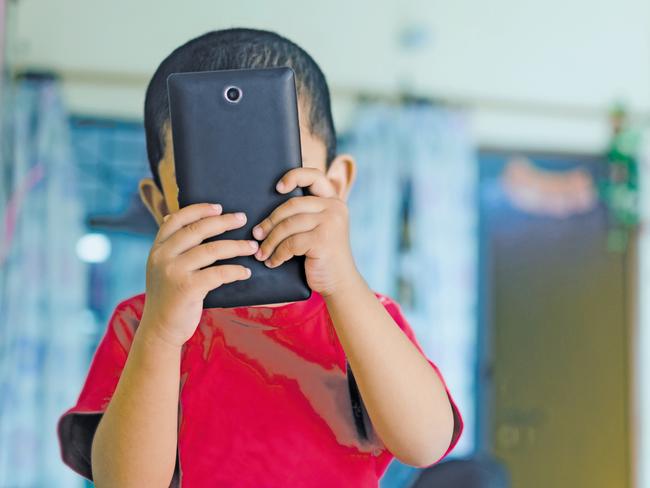Technology and the internet promoting kids with poor impulse control
KIDS can download books and music, watch TV and have multiple conversations simultaneously on their phones - but they need to know they can’t have everything “on demand”.

Central Sydney
Don't miss out on the headlines from Central Sydney. Followed categories will be added to My News.
- NAPLAN tests have become big business
- Fears budget will force schools to increase fees
- Why many teachers give up
- Boring old classrooms can ruin your child’s learning
We LIVE in an ‘‘on demand’’ world driven by the mobility of technology and accessibility to the internet.
We can download books and music, watch TV shows and have multiple conversations, all from our smartphones – sometimes at the same time!
The upside to this is greater connectivity and flexibility. The downside, especially for young people, is that the “on demand” nature of their lives may not be beneficial in the long-term.

A series of famous experiments were conducted by American psychologist Walter Mischel 40 years ago to test self-control in young children. Mischel offered children the choice of an immediate reward in the form of a treat but if they waited a little longer, they would get a larger reward.
Two-thirds of the children in the study acted on impulse by opting for the immediate but smaller reward. Mischel then tracked those children into their teenage years and found that the children who exhibited more self-control and waited for the larger reward ended up with academic success and were able to better control their feelings and emotions.

It is not entirely clear why some children can wait while others don’t seem to be able to. Researchers believe the children who are able to wait have the capacity to think through their choice, knowing that they will get a better outcome by waiting.
The good news is that young people can be taught strategies that help build those thinking skills.
Teachers are trained to give students useful feedback about their thoughts and emotions. Young people can learn the skills of thinking before acting.

It is not a bad thing for children to experience what it is like to not get what they want when they want it.
The more we allow children to experience different levels of discomfort (e.g. not responding immediately to text messages or Facebook notifications), the more practice they get regulating desires and feelings.
There is science behind the expression “good things come to those who wait’’.
CHILD THROWS TANTRUM OVER IPAD


